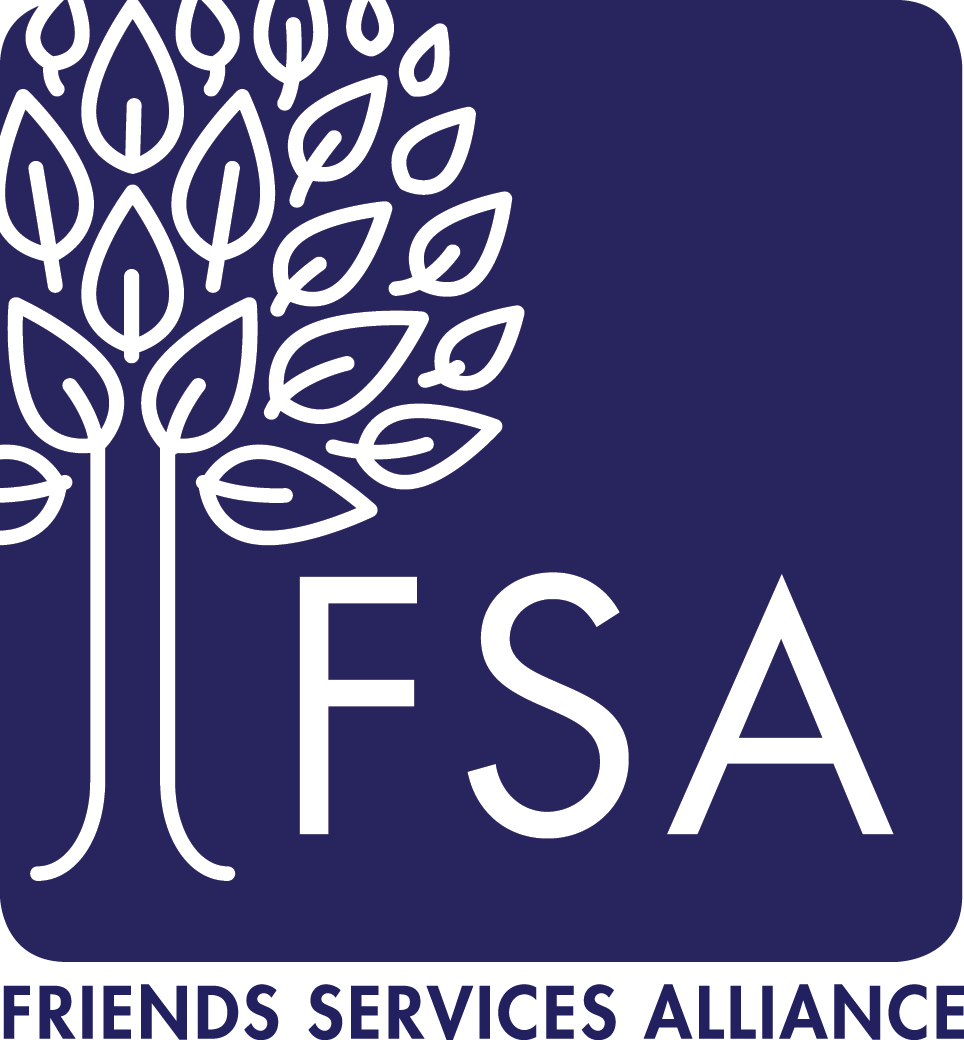The sixth element of an effective Compliance and Ethics Program is discipline for noncompliance. It would be nice to assume that the Code of Conduct and policies and procedures for compliance will be followed because people want to do the right thing, but it is unrealistic to expect that this will always occur without enforcement. The OIG recommends a written policy statement setting forth the degrees of disciplinary actions that may be imposed for failure to comply with standards, policies, and applicable laws and regulations, including these five points:
- Noncompliance will be disciplined
- Failure to report noncompliance will be disciplined
- An outline of disciplinary procedures
- A list of the parties responsible for appropriate action
- A promise that discipline will be fair and consistent
It is vitally important that the enforcement actions be fair, equitable and consistent. A failure to adhere to this can be detrimental to the effectiveness of the compliance program, and could create legal liabilities for the organization. This can be very challenging for organizations with many employees, roles, managers, and standards unique to different departments. Human Resources should be closely consulted in developing policies around disciplinary procedures that are well communicated and as consistent as possible.
Disciplinary actions can include oral or written warnings, suspension, privilege revocation, termination, or financial penalties, depending on the severity of the infraction. Progressive discipline is a common practice, which involves a multi-step process where the penalties become increasingly severe with each violation. Of course, discipline needs to be commensurate with the offense, which could range from minor and unintentional violations to blatant acts of fraud that require immediate termination. Disciplinary action needs to include clear communication and education around the expectations for behavior related to the infraction. Including as much specific information as possible around these issues in disciplinary policies will help ensure that they are being carried out in a fair and consistent manner.
Enforcement of compliance expectations can also be achieved by including them in job descriptions, performance evaluations, and in the goals and objectives for individuals and departments. Using positive reinforcement in achieving these goals can be just as effective as discipline, if not more so.
Friends Services Alliance (FSA) is a national professional association of values-aligned organizations that serve seniors. Our support services include a team of Compliance and Risk Management experts who have supported organizations in developing and maintaining effective Compliance and Ethics Programs for over 20 years.




